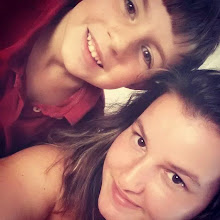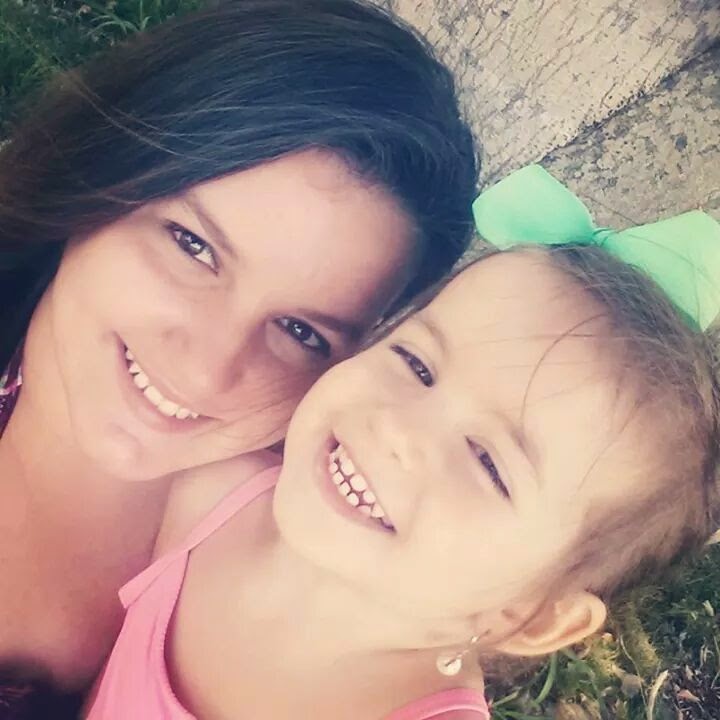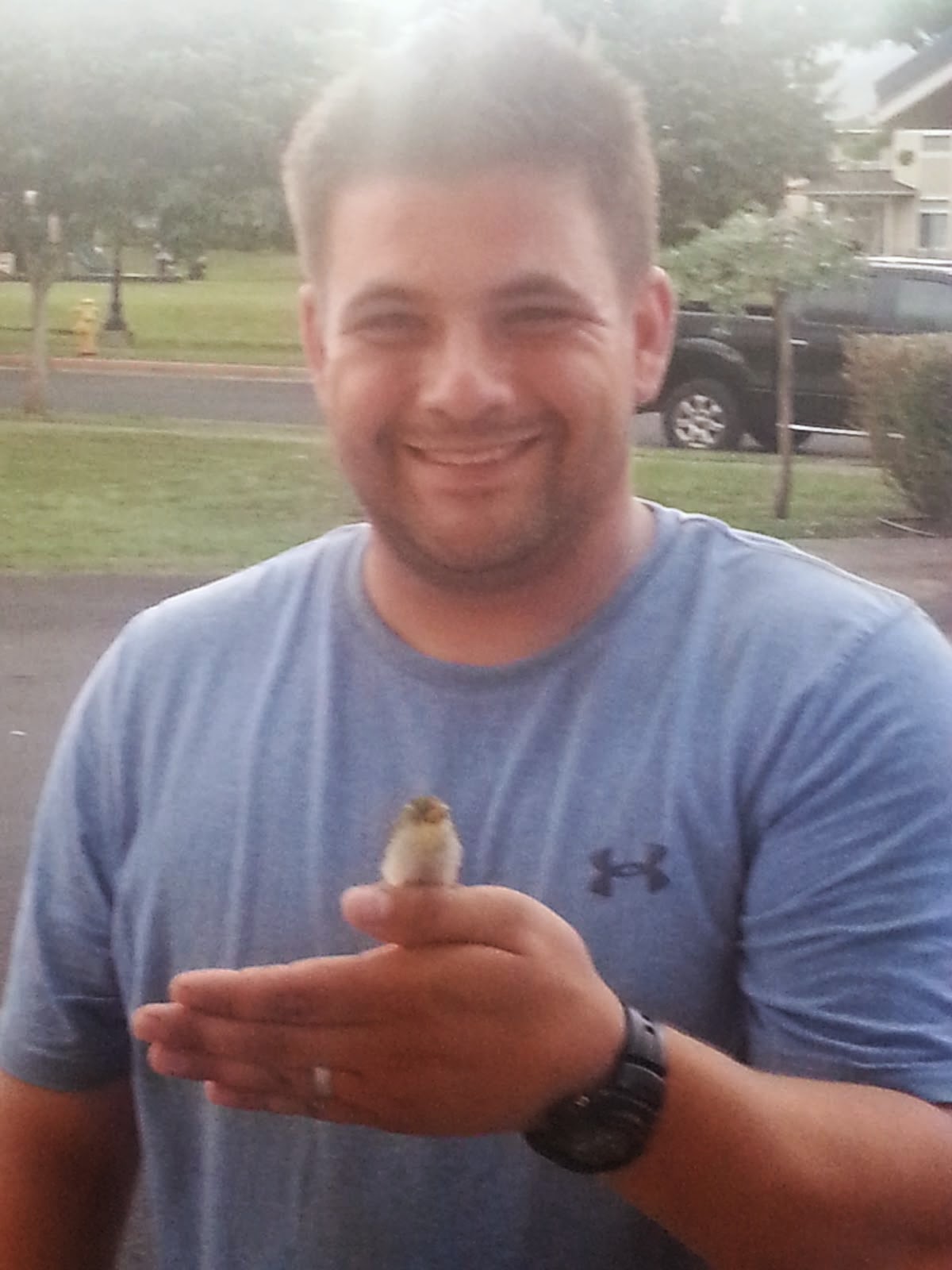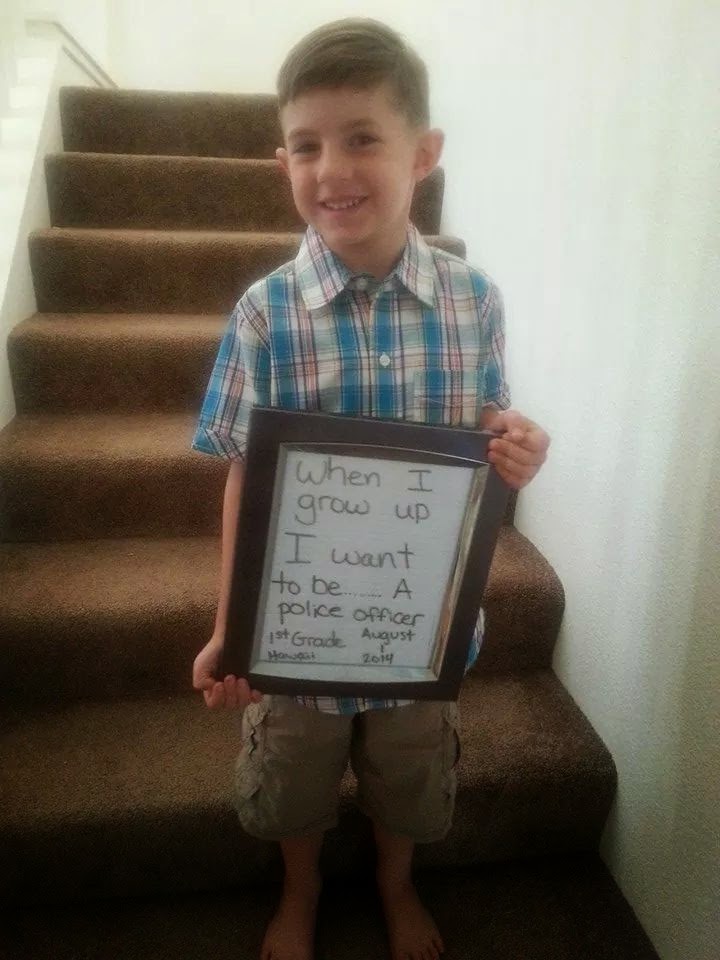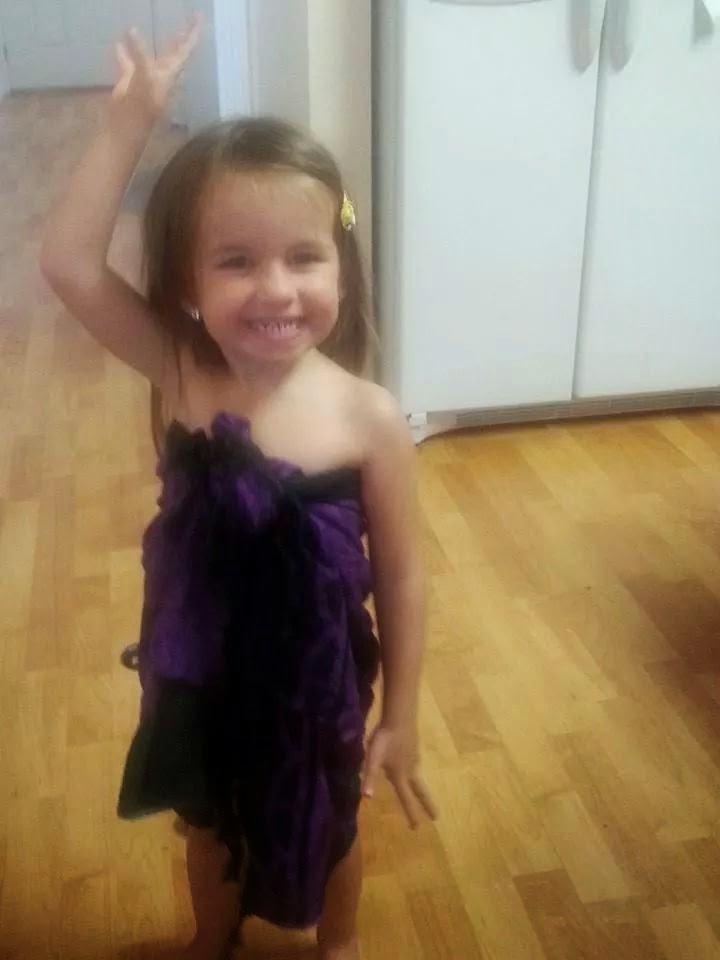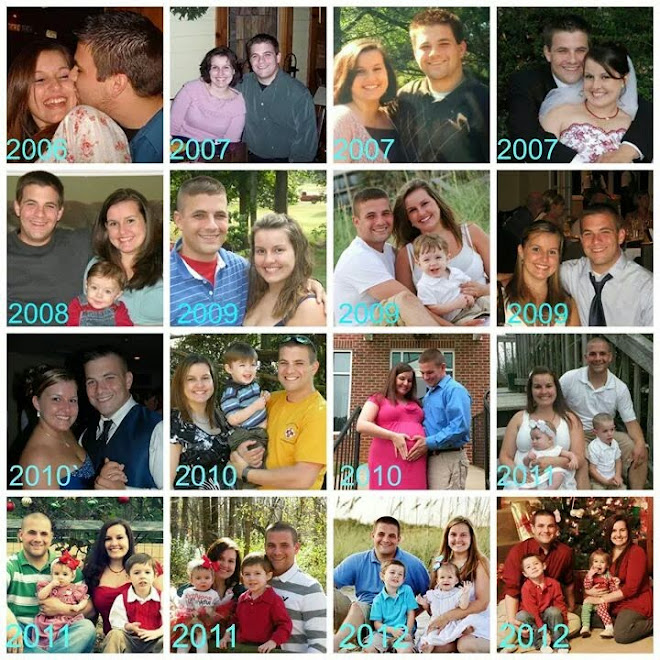I recently wrote a final paper on child abuse that I would like to share. With the help of my Stephen, my husband, we were able to put this together.
Identifying Child Abuse
Child abuse presents in a variety of forms and although physical abuse is the most widely known, there are many other forms of abuse. Emotional and sexual abuse, as well as negligence, are all forms of mistreatment that should never be tolerated. I will briefly describe these forms of abuse as well as their respective warning signs and how to recognize and help a victim of abuse.
We all have seen some sort of physical abuse portrayed in movies and TV shows, however, the majority of the public fails to realize that the scars from abuse are not just skin deep. Although scrapes, bruises, and broken bones can result from physical abuse, these injuries can heal over time; however, the mental scars from the abuse will take much longer to heal. There are several different warning signs or indicators that are fairly common among physical abuse victims. Obviously the most common indicator for physical abuse is consistent injuries such as bruises or cuts. Due to the visibility of these injuries, the victim will often wear loose fitting clothes in an attempt to hide their wounds. Another sign can be a change in behavior where the child will begin to remain quiet and will prefer to be left alone.
Another type of mistreatment is emotional abuse. Emotional abuse is usually caused by a close friend, family member, or caregiver verbally insulting or demeaning the victim. Emotional abuse tends to be the hardest to recognize because the effects of the abuse typically increase over long periods of time. It may take years of verbal assaults before the victim begins to show signs of emotional abuse. One fairly common sign of emotional abuse is a noticeable sense of worthlessness. The victim will often feel helpless and useless along with depression. Another indicator that someone is being emotionally abused is their preferring to spend as much time away from home as possible. This is a natural response of trying to avoid the source of the emotional cruelty.
Sexual abuse, in my opinion, is by far the most detrimental form abuse. This usually involves a young child being taken advantage of. Typically, the victim is abused by a family member or a close friend of the family. Sexual abuse will usually lead to long-term issues with trust and self-worth. It is very important to recognize symptoms of sexual abuse early. Some of these signs include; the child will prefer to either be in a large crowd or by themselves, the child may obtain knowledge of sexual behavior and language that surpasses their age, and in a worse-case scenario the victim may contract a STD or even become pregnant.
The last form of abuse that I will be discussing is negligence. Neglected children are usually isolated to one room or segment of their home and left by themselves. These children are hardly ever bathed, fed, or checked on. Sometimes, the neglect of a child is a product of the parents’ drug or alcohol abuse. Other times, the caregivers could be suffering from a chronic illness or severe depression which inhibits their ability to care for the child. However, more often than not, the negligence is caused simply by the parents’ selfishness or laziness.
Although child abuse will typically result in short-term damage, long-term impairments are very common especially if the abuse took place over an extended amount of time. These impairments can include depression, anxiety, poor self-esteem, eating disorders, sleep disturbances, disassociative/anxiety disorders such as post-traumatic stress disorder. Of all of the negative side effects of abuse, lack of trust is one of the most common. Children who are abused by the ones who are supposed to care for them and love them often have extreme difficulty in trusting people in their lives. This causes the abuse victim to struggle with future relationships.
Early detection of child abuse is the best way to minimize the tragic effects associated with abuse. Knowing the warning signs and having the courage to ask questions and seek help could greatly improve and possibly save an abuse victims’ life. Education, attention to detail, and diligence are the most effective tools in identifying and helping victims of abuse. There are several educational programs that help children understand what abuse is, how to know the difference in the “good” and “bad” touches, and how to talk to someone without being afraid. There is a book called Let’s Talk About Taking Care of You: An Educational Book About Body Safety for Young Children. The National Child Traumatic Stress Network ( 2009) This book takes a fun helpful approach to teaching young children instead of scaring them. Educating a child at a young age to know the difference between “right” and “wrong” treatment will greatly improve the chances of avoiding an abusive childhood.
By: Stephen and Stephany Burcham :)


